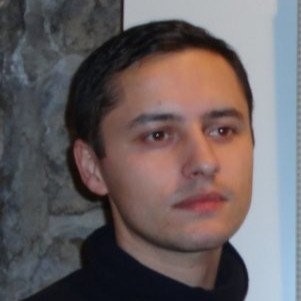Research Interests
My main interests are focused on novel imaging algorithms and their applications, machine learning techniques for noise reduction, and scientific software development. Last but not least, I am a curious physicist who wants to understand the rules governing the quantum world, engaged in (too many ;-)) fundamental research including tests of discrete symmetries and quantum entanglement.
Fundamental Physics
- searches for discrete symmetry violations (CPT)
- quantum correlations in (relatively) high-energy photon systems (QC)
- mirror matter searches
- searches for new type of nuclear matter
Methods ans applied studies:
- scientific software development
- industrial applications for PET imaging (IMPET)
- novel image reconstruction algorithms for PET tomography
Projects:
Discrete symmetries
My interests are focused on the experimental testing of discrete symmetries in (LHCb and previously in J-PET and KLOE-2) collaborations. Those topics are related to fundamental questions in modern physics, e.g. the asymmetry of matter over antimatter, the basics of quantum mechanics (quantum oscillations, entanglement, and decoherence phenomena), and the validity of the fundamental CPT and Lorentz symmetries.
CPT is one of the fundamental symmetries embedded in the Standard Model of interactions, thought to be exactly conserved by Nature. However, small CPT-violating (CPTV) effects are admissible in several theories beyond the Standard Model. One of the most sensitive methods to experimentally search for the CPTV effects is by studying the flavour mesons oscillations, approaching the precision of the Planck scale.
In our research published in Physics Review D, we set new limits on the CPTV parameters in charm meson oscillations by taking advantage of the world’s largest dataset of D0 mesons collected by the LHCb collaboration. Our results provide the most stringent constraints on CPT symmetry violation in the charm sector - two orders of magnitude tighter than previous bounds. Our results were incorporated into the 2025 edition of the Particle Data Group review.
| limits on particle-antiparticle decay width difference for three neutral flavour meson families | limits on particle-antiparticle mass difference in the charm sector |
|---|---|
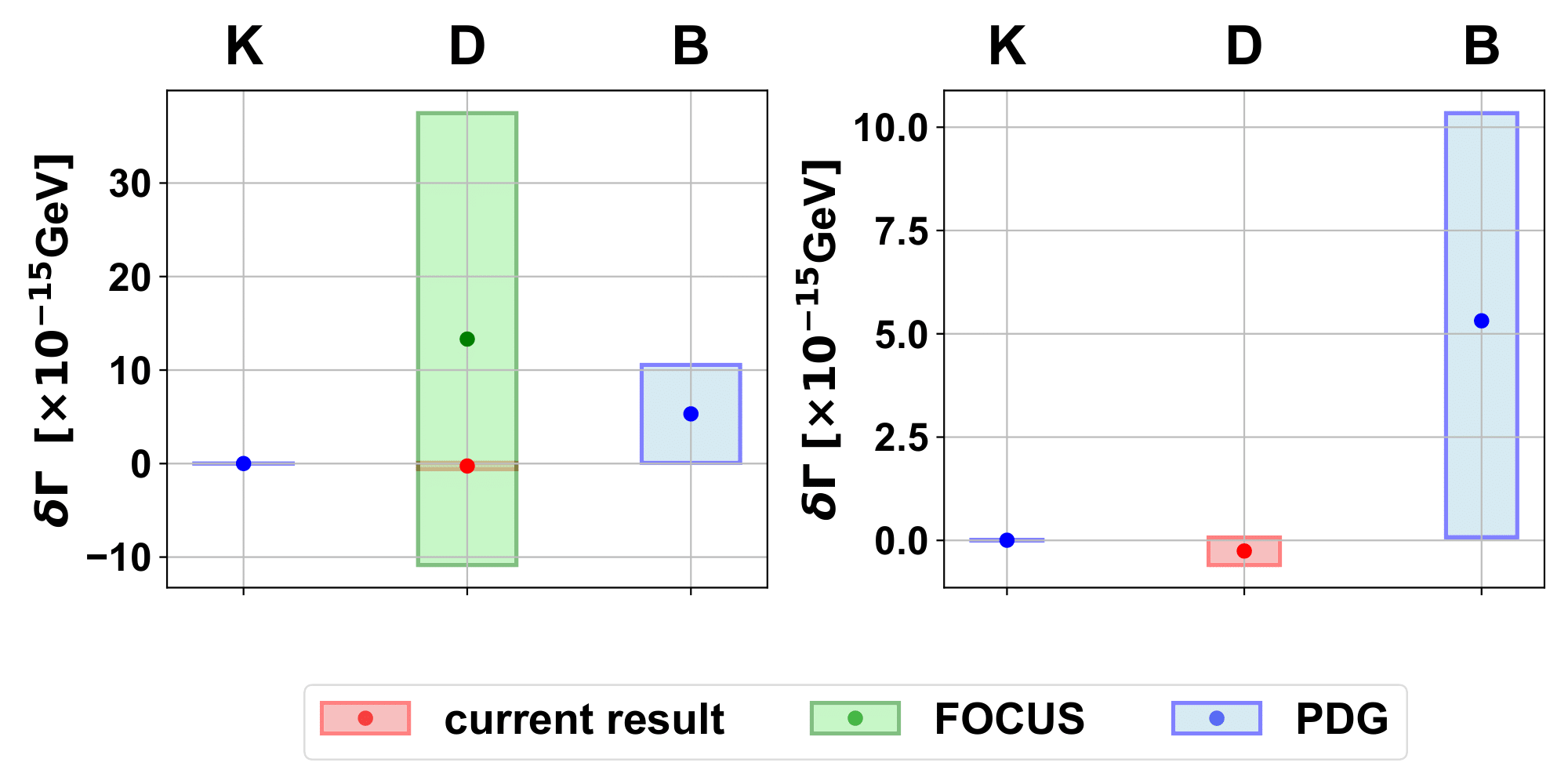 | 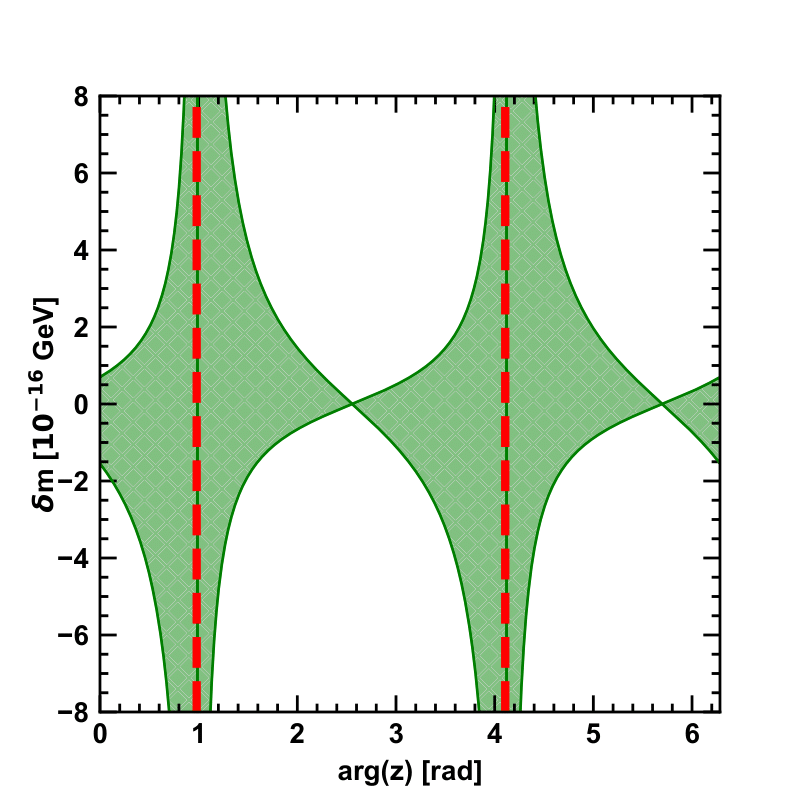 |
Quantum correlations in high-energy photon systems
Eur. Phys. J. C (2025) 85: 1115
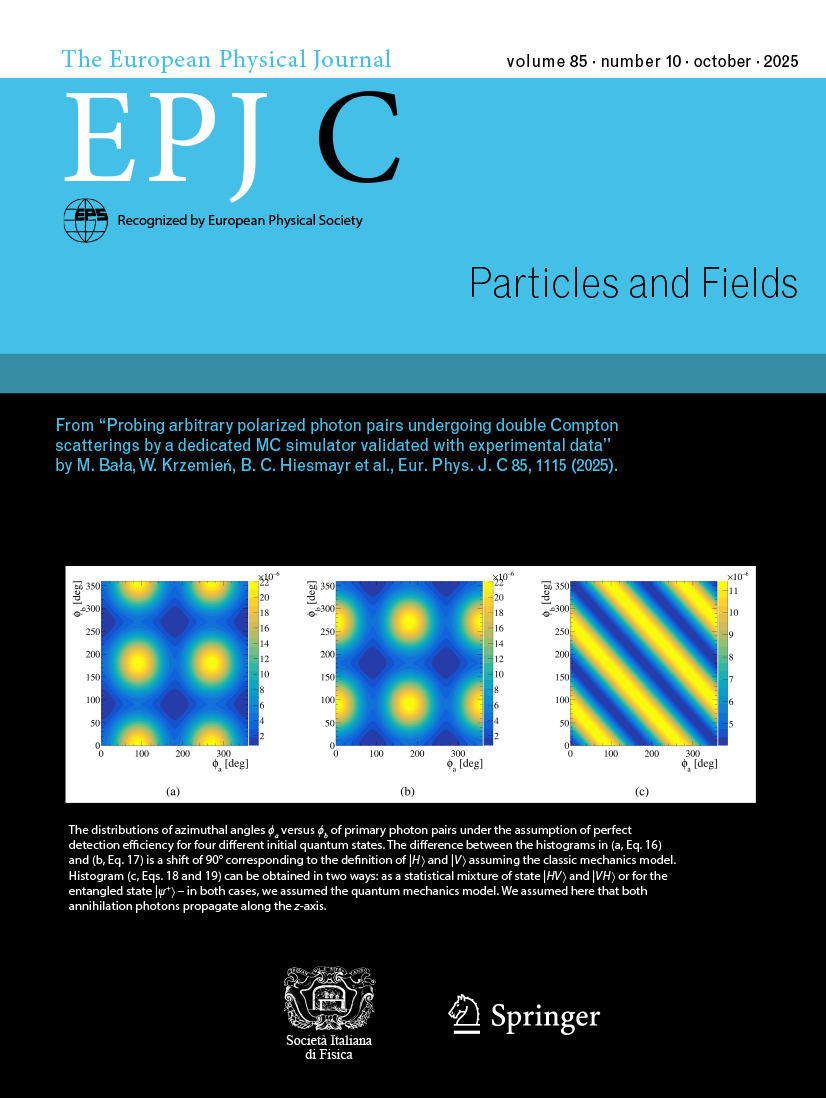
IMPET (Industrial Multiphoton PET Tomography)
Link to the project website
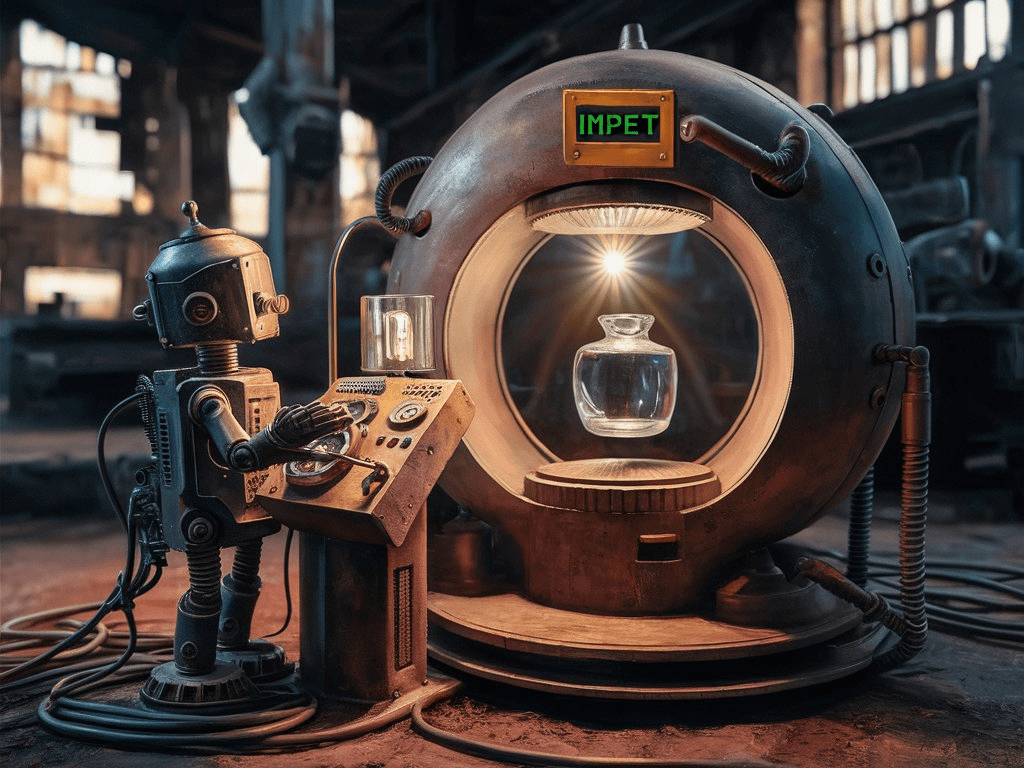
EuroHPC PL:
From 2021 to 2023, I was the NCBJ coordinator of the National Supercomputing Infrastructure for EuroHPC PL project.
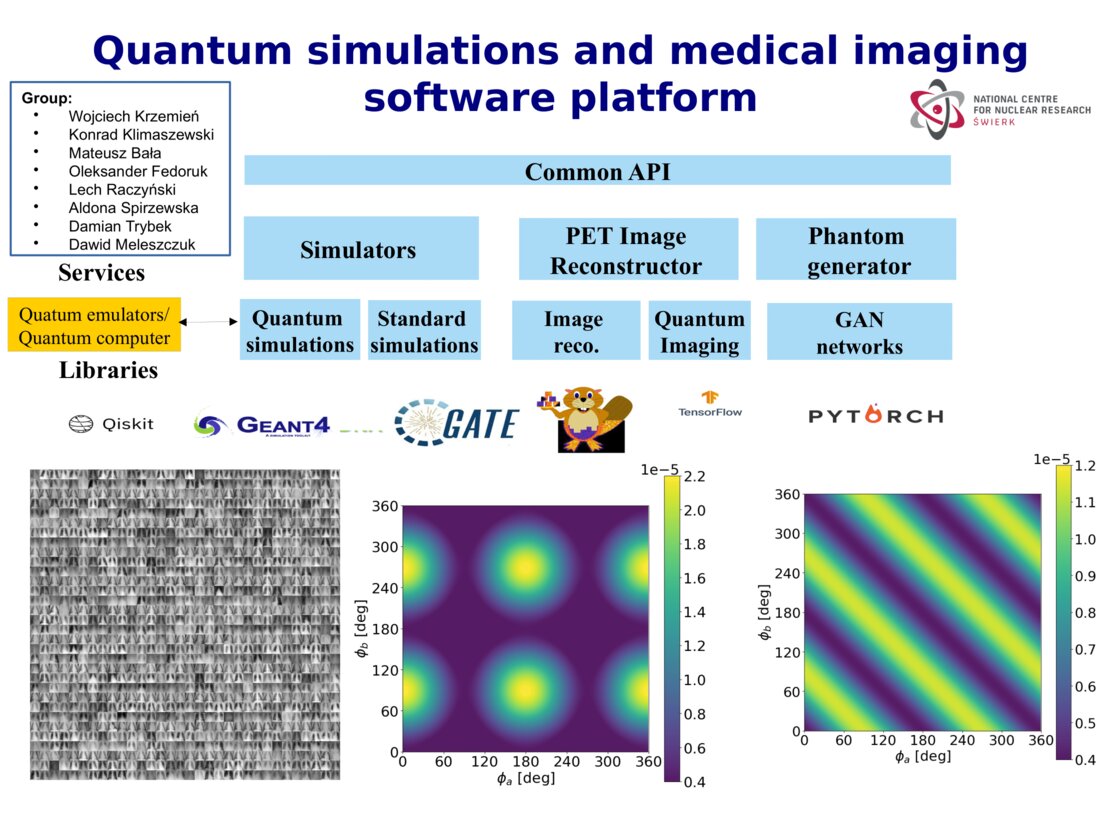
Positron Emission Tomography
- Image reconstruction algorithms for total-body PET scanners
- image corrections
- multi-photon (e.g. 2+1) PET tomography
- application of Machine Learning methods for PET tomography
Our recent studies of the positional resolution improvement by incorporating prompt gamma: Computer Science•26(SI) 2025.
I have been a member of the OpenGate steering committee since 2019. We are especially focused on the assessment of the total-body scanners and on the development of novel PET methods, e.g. positronium tomography, using GATE (see our overview article, published in Physics in Medicine and Biology: link).
Total Body Software (2021-2024) with J-PET
Till 2024, I was involved in the coordination of the J-PET Total Body Software group, responsible for the preparation of medical data processing and image reconstruction software for the next generation of cost-effective total-body PET tomography scanners. This involved software development, including image reconstruction algorithms, Monte Carlo simulations, and applications of the machine learning methods to PET tomography. Previously, I coordinated the development of data analysis framework.
In this study published in Medical Physics, we optimized the total-body J-PET geometry for both two-gamma and multi-gamma tomography using Monte Carlo simulations.
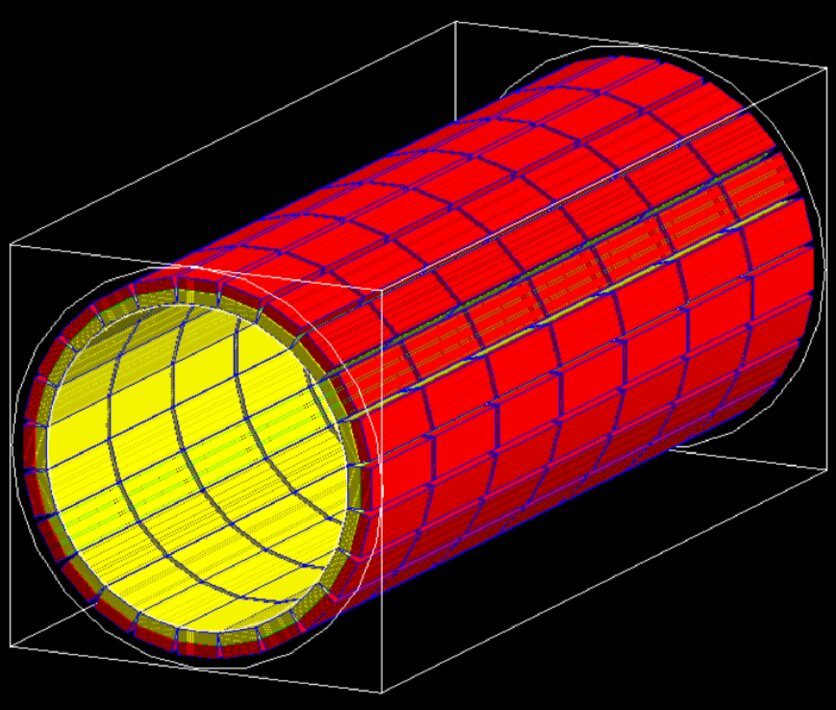 | 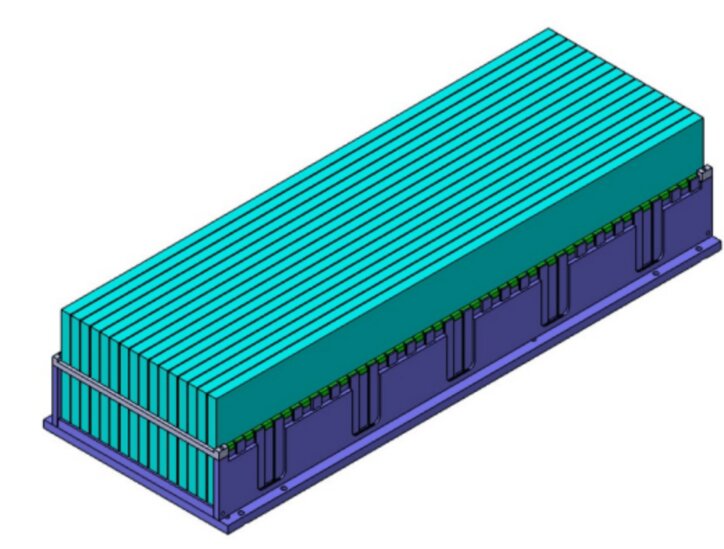 |
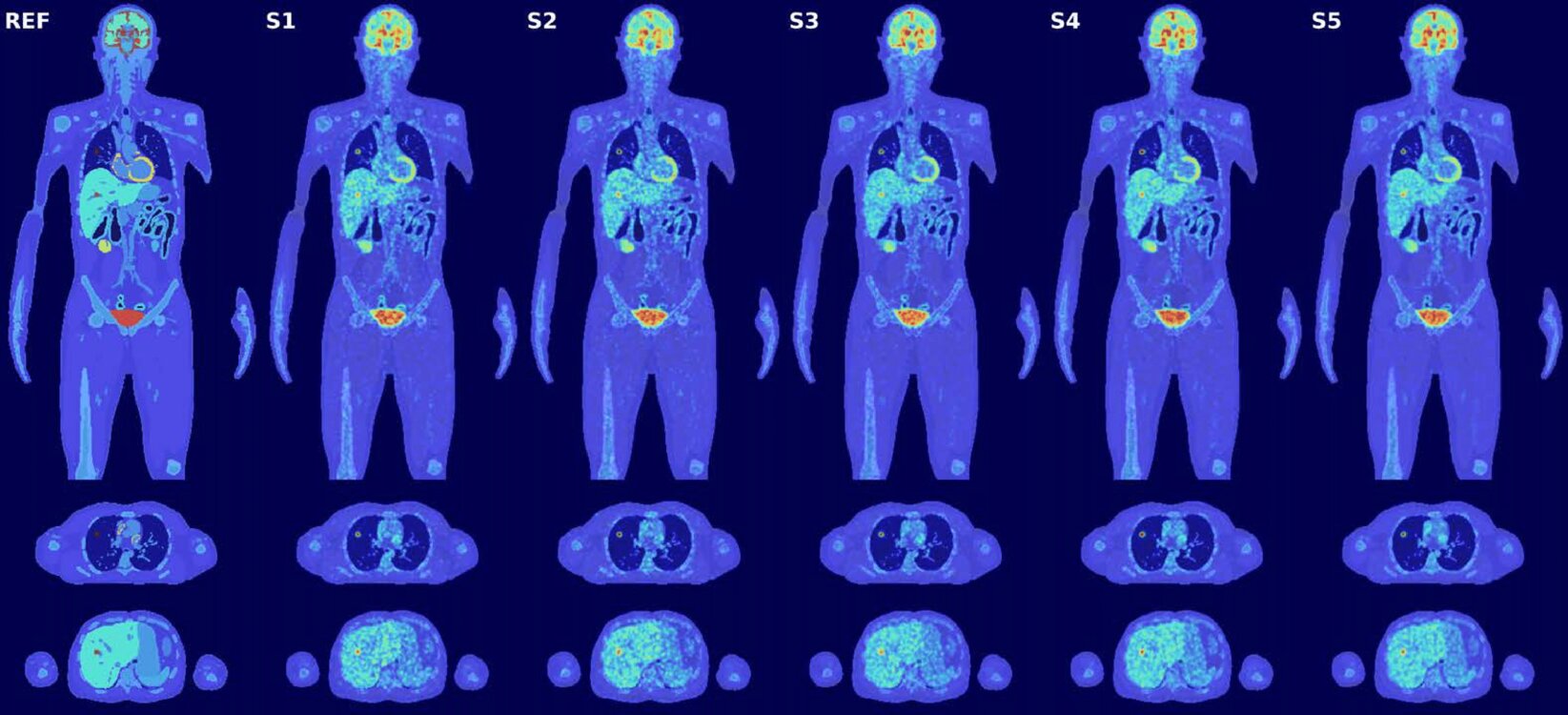
Other projects:
- Application of Convolutional Neural Networks for LHCb electromagnetic calorimeter cluster reconstruction (see here)
- Search for eta mesic nuclei (WASA). It was a topic of my PhD thesis realized partly in Forschungszentrum Juelich, Germany and of my first post-doc: this article Phys. Rev. C 87 (2013) 035204 is based on my Phd thesis. Another one Nucl. Phys. A 959 (2017) 102 is based on the analysis done together with Magdalena Skurzok. Other articles about the same topic can be found here.
